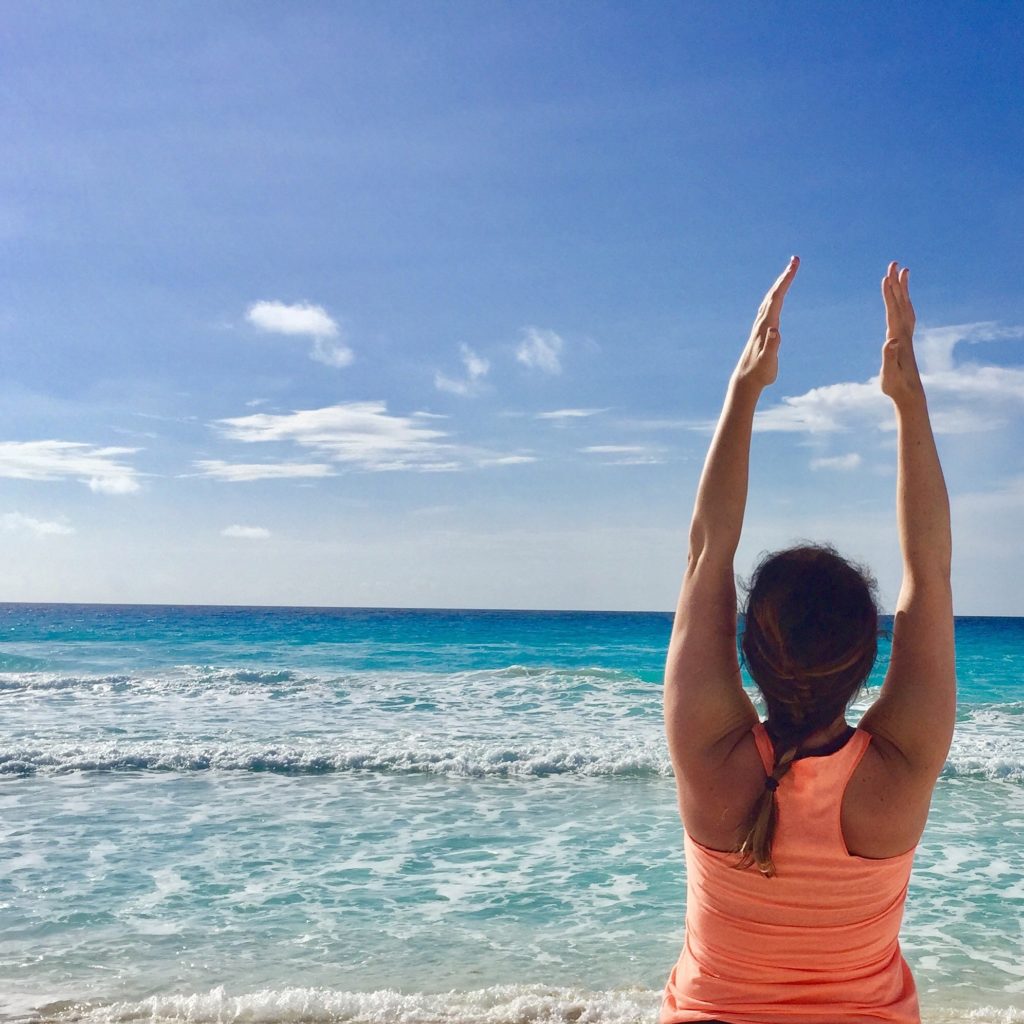Choosing the Right Athletic Shoe: A Comprehensive Guide
Every stride you take, every run you make, and every game you play depends significantly on the quality and appropriateness of your athletic shoes. This article presents essential factors to consider when choosing the right athletic shoes, focusing on various shoe types and considering specific needs, such as shoes for seniors.
The Importance of Choosing the Right Athletic Shoe
Athletic shoes are designed to provide protection, enhance performance, prevent injuries, and support your feet during athletic activities. Different sports and activities require varying levels of cushioning, flexibility, stability, and support. Therefore, selecting the right athletic shoes is critical. The wrong shoes can cause discomfort, impact performance, and lead to injuries like sprains, shin splints, or stress fractures.
Types of Athletic Shoes
Running Shoes
Running shoes are designed for forward motion. They are lightweight and have a thick, cushioned sole to absorb impact. There are three types:
Road-running shoes: Designed for pavement and occasional forays onto packed surfaces with slight irregularities.
Trail-running shoes: Enhanced with aggressive outsoles for solid traction and fortified to offer stability, support, and underfoot protection.
Cross-training shoes: Suitable for gym or CrossFit workouts where balance is key, with more contact with the ground than thick-soled running shoes.
Walking Shoes
Walking shoes are designed with the specific body mechanics and strike path of walking in mind. They are lightweight with a thick heel for shock absorption. Their flexibility in the forefoot allows for a broad range of motion, and they typically have a fairly low drop from heel to toe to support a natural walking gait.
Cross Trainers
Cross trainers are multipurpose shoes that work well for different training activities. They provide a moderate amount of cushioning, which is usually found in running shoes, and the stability of tennis shoes. Cross trainers are an excellent choice if you perform various activities like aerobics, weight lifting, and some court sports.
Specialty Sport Shoes
These are designed for specific sports, like basketball shoes, which provide high-ankle support to prevent ankle injuries, or cycling shoes that provide a stiff sole for efficient power transfer. Other specialty shoes include football cleats, soccer shoes, and baseball shoes. These shoes are designed with specialized features to enhance performance in the given sport.
Athletic Shoes for Seniors
Choosing athletic shoes for seniors requires additional considerations. As we age, we lose some natural padding on the bottoms of our feet, so cushioning becomes even more critical. Look for shoes with:
Good Cushioning: to absorb shock and protect the joints.
Arch Support: to support the feet’s natural arch and prevent flat feet issues.
Wide Toe Box: to accommodate swelling or issues like bunions.
Non-Slip Sole: to prevent falls and slips.
Adjustable Closure: such as laces or straps that can be adjusted for comfort.
Some models are designed specifically for seniors, but most importantly, the shoes should fit well and feel comfortable.
Key Considerations for Choosing Athletic Shoes
Regardless of the type of shoe, always consider the following:
Fit: It should be roomy enough in the toe box and snug in the heel.
Arch Type: Understand whether you have flat, normal, or high arches, as this will impact the type of shoes that will fit best.
Professional Fitting: Consider getting a professional fitting at a retail store. Expert staff can provide recommendations based on your specific requirements, foot shape, gait, and intended activity.
Replacement: Athletic shoes should be replaced every 350 to 500 miles. This can be between six months to a year, depending on usage.
The right athletic shoes can make a significant difference in your performance and comfort during sports or other physical activities. Understanding the specifics of different types of shoes and your personal needs and taking the time to get professionally fitted can lead to an improved athletic experience. Whether you’re a casual walker or a competitive athlete, investing in the right footwear is a step toward injury prevention and enhanced performance.




